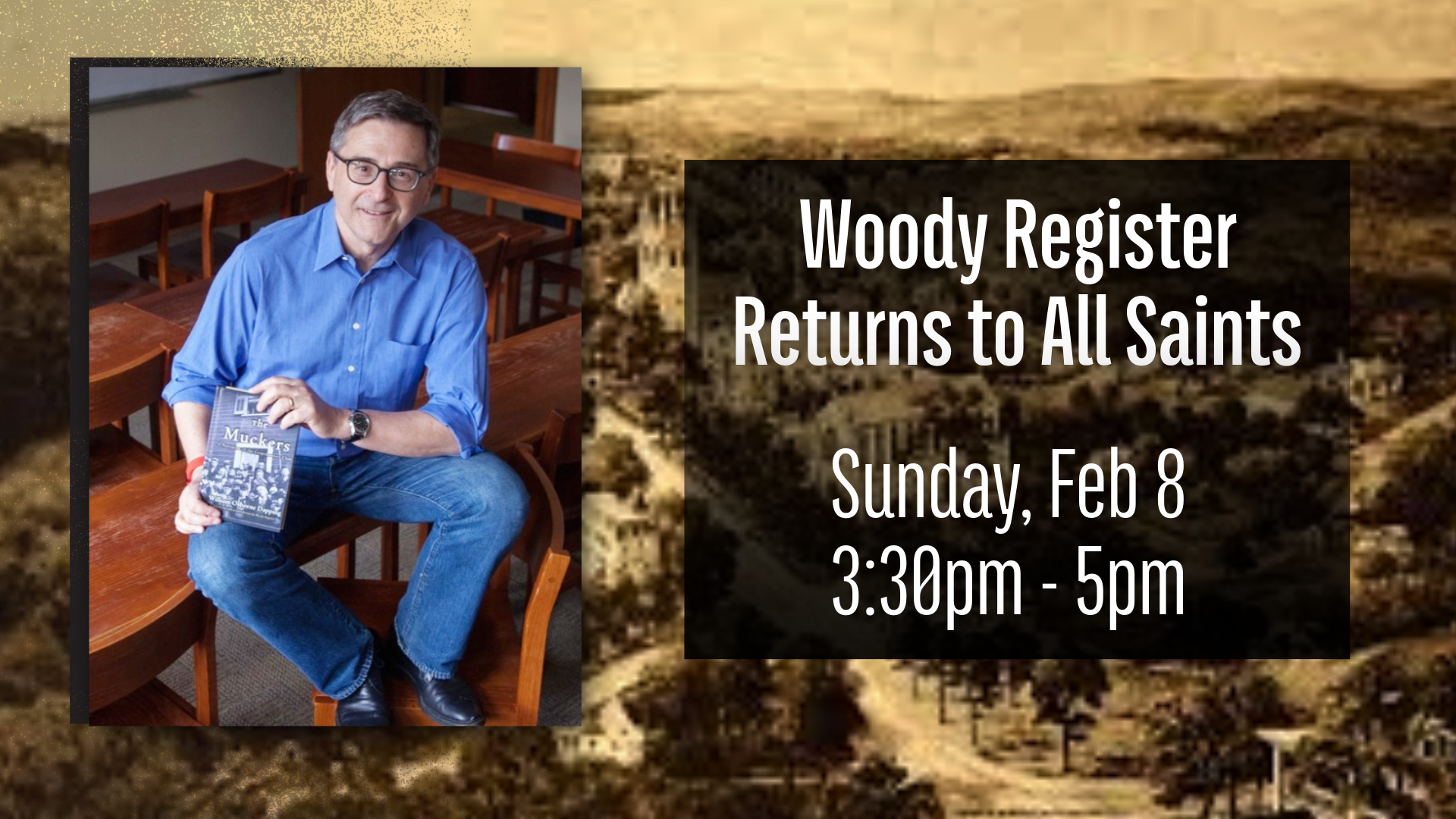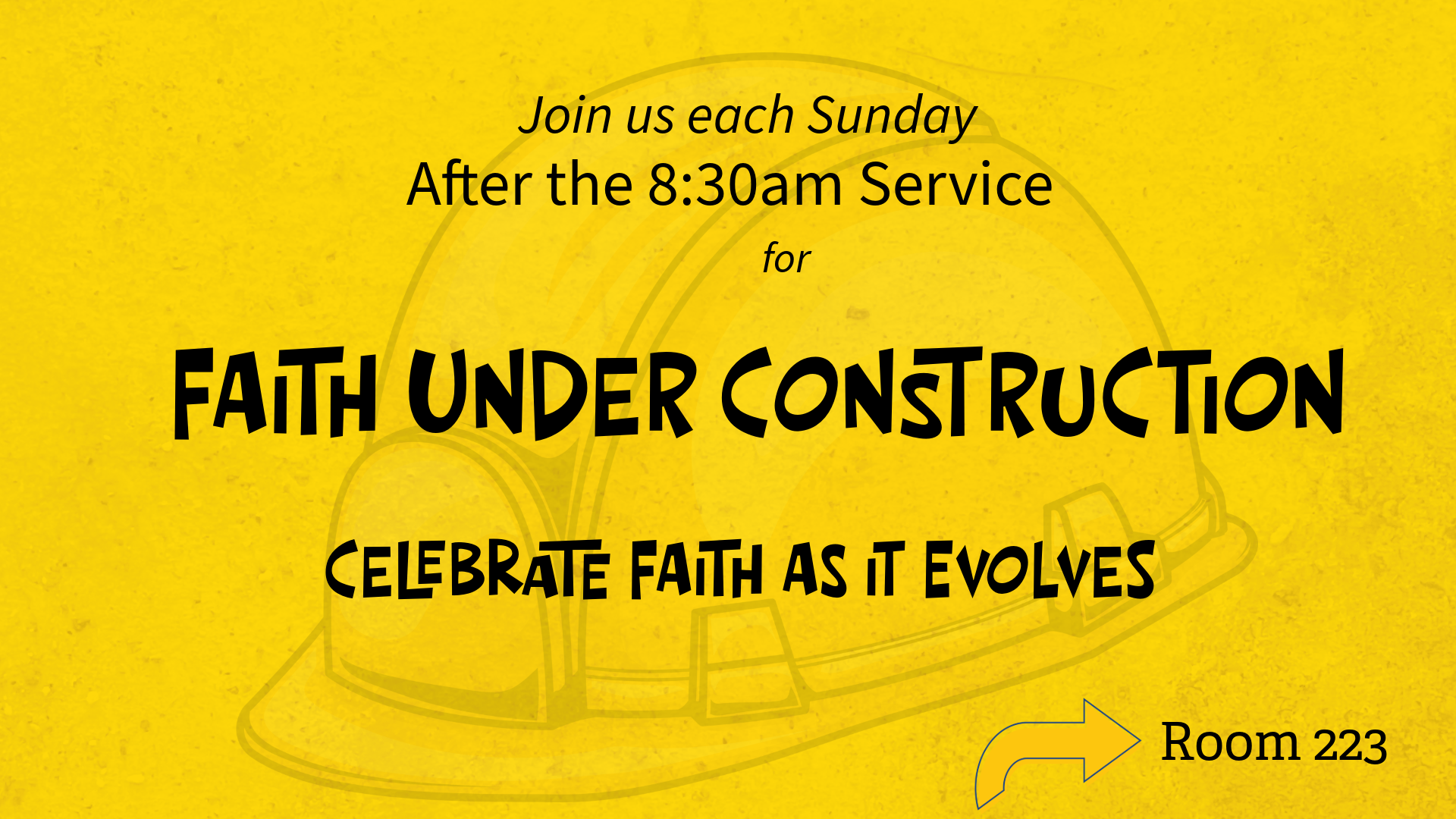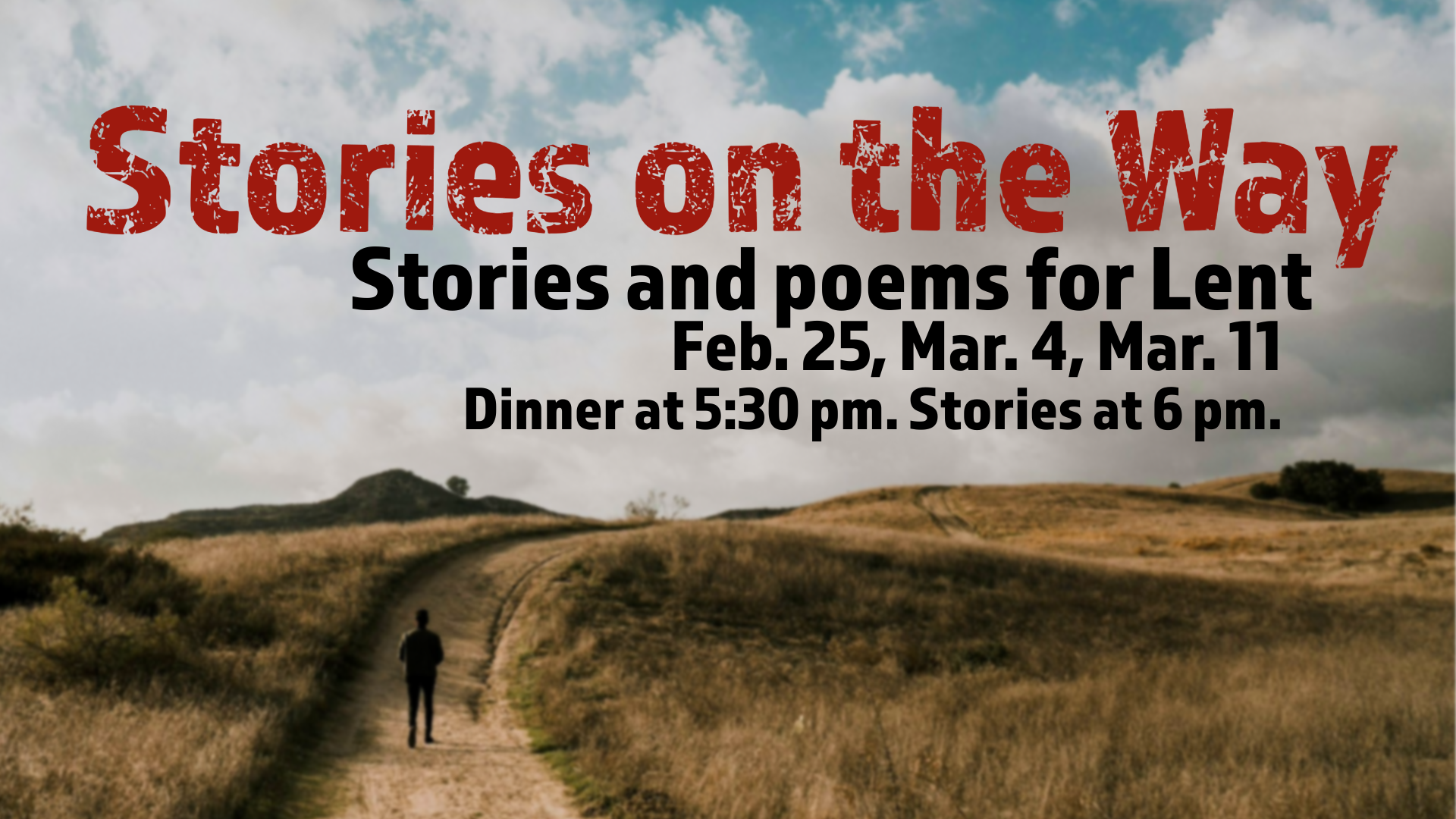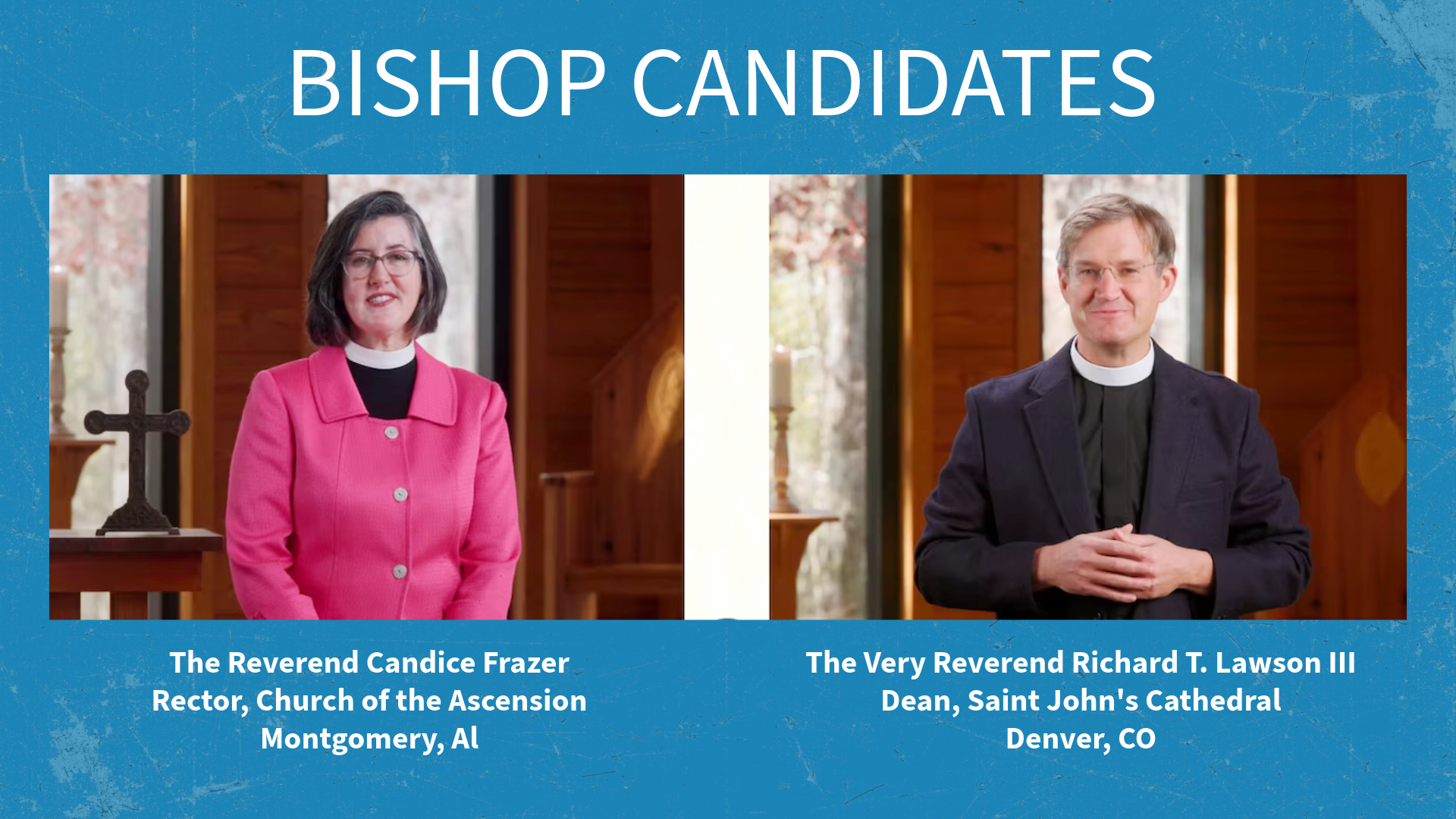A Mother’s Love
The Rev. Charles Youngson
2 Lent, March 13, 2022
Luke 13:31-35
“A Mother’s Love”
I had strict second grade teacher. Ms. Joslin was known for handing out harsh punishments to unruly kids. I wasn’t an unruly kid, but at times I would join in their shenanigans. On this day someone had acquired a few straight pins. And we were sticking them through the top layer of skin on our fingers. Ms. Joslin busted us. My punishment: to write 100 times the sentence, “I will not stick pins in my fingers,” and to turn in those sentences the next morning. It seemed an insurmountable task to my 2nd grade fingers. More daunting was the thought of how my mother would react when she learned I had gotten in trouble at school. I got home and as I began my confession, the tears began to flow until I was blubbering like there was no tomorrow. Imagine my relief when instead of getting angry and adding to my punishment, my mother began to console me. She sat me down at the kitchen table and while she fixed supper, and I began to write those sentences one by one. And before I knew it, the task was complete.
Mothers have a tough job. They are expected to be equally skilled in two roles that might seem contradictory on the surface. They have to know when to discipline their children and know when to comfort them. The stakes are high because you are molding a young life. You can’t be too strict. And you can’t be too lenient. Providing discipline and providing consolation may seem like separate roles, but in reality they are both ways of showing love.
In our Gospel reading this morning, Jesus describes himself with a striking metaphor. He compares himself to a mother hen sheltering her young under her wings. Jesus uses a maternal image of God’s protective love. We are used to masculine language and images of God in the Bible. And while there is no doubt that Jesus was a male, he wasn’t afraid to use a feminine image to describe himself. This image of a mother hen reminds us that God is not exclusively male or female, but contains possesses all human qualities.
But the mother hen isn’t the only metaphor from the animal kingdom in this passage. The mother hen must protect her young from a predator, the fox. Jesus calls Herod a fox in our passage this morning. And because there are no fewer than five Herods mentioned in the New Testament, it may be worth a moment to talk about who this Herod was. The Herods were a family of Jewish political leaders who ruled the region of Palestine on behalf of the Roman Empire. The Herod in this passage was called Herod Antipas. He was the tetrarch, or ruler, of Galilee, the area where Jesus lived. He was the son of Herod the Great, the one who figures prominently in the story of Jesus’ birth and the visit of the three wise men. In our passage today some Pharisees have come to warn Jesus that Herod Jr. wants him dead. Herod had already imprisoned and executed John the Baptist and now he’s after Jesus. (It’s odd that Pharisees come to warn Jesus since they are typically his opponents. But they must have had their reasons.)
Jesus replies to the Pharisees, “Go and tell that fox for me, 'Listen, I am casting out demons and performing cures today and tomorrow, and on the third day I finish my work. Yet today, tomorrow, and the next day I must be on my way, because it is impossible for a prophet to be killed outside of Jerusalem.'” In other words, Jesus is on a divinely appointed mission. He’s got his orders. He is to continue his work of healing the sick and casting out demons as he makes his way to Jerusalem. He will not be killed by Herod. He will be killed in Jerusalem because that is where prophets go to die.
Luke places a special emphasis on Jesus’ role as a prophet. A prophet is one who speaks on behalf of God, and there was a long tradition of prophets in the Old Testament. As Jesus mentions, they tend to die in Jerusalem. That’s because Jerusalem was the center of political power, and it was the center of religious power as well. Prophets have a way of meddling in politics and religion, which we know doesn’t always turn out well for them. It’s dangerous to be God’s mouthpiece. Prophets have to tell people what they don’t want to hear. And so there’s no long-term job security in the prophecy business.
But prophets are not all about doom and gloom. Prophets also speak words of consolation to those who suffer. We would expect that those appointed to speak on behalf of God would speak about the consolation of God as well as the judgment of God because those are flip sides of the same coin. The judgment of God is God’s loving response to injustice. You might say that a prophet’s job is to comfort the afflicted and afflict the comfortable. It’s sort of like a mother’s job. She puts the band-aid on the skinned knee and kisses away the tears. But she also teaches her child to be more careful to prevent more skinned knees in the future.
Christian teaching is that Jesus is more than a prophet, but we can certainly say that he is not less than a prophet. We see aspects of his role as a prophet throughout his life. Before he is born, his mother Mary sings a hymn of praise to God we call the Magnificat. In it she declares that through Jesus, God “has scattered the proud in the thoughts of their hearts. He has brought down the powerful from their thrones, and lifted up the lowly; he has filled the hungry with good things, and sent the rich away empty.” Her song is very similar to the song that Hannah the mother of the prophet Samuel sings when he is born. Even before he is born, Jesus is destined to be a prophet to Israel.
When Jesus begins his public ministry, he goes into the synagogue in his hometown and reads from the prophet Isaiah: "The Spirit of the Lord is upon me, because he has anointed me to bring good news to the poor.” In Luke’s version of the story the crowd is still with him at this point. But then he goes on to talk about the prophets Elijah and Elisha. He reminds the congregation about two events in which those great prophets brought healing and hope to Gentiles, outsiders, when there were plenty of worthy candidates in need of God’s loving care right among their own people. If you remember, the people in the synagogue don’t take to kindly to these words. But what this episode tells us is that from the beginning Jesus will be a prophet like Elijah and Elisha, one who will bring God’s mercy not just to Jews, but to the whole world.
And to complete God’s plan, Jesus must die a prophet’s death in Jerusalem, the city that kills the prophets. “Jerusalem, Jerusalem, the city that kills the prophets and stones those who are sent to it! How often have I desired to gather your children together as a hen gathers her brood under her wings, and you were not willing! See, your house is left to you.” In Jesus’ lament we hear the irony that the holy city, the city whose life is devoted to God, cannot hear the words of God’s anointed one. When the city and by extension all the people of Israel reject the prophet’s offer of God’s protection and love, they instead receive the judgment. They are left vulnerable to the fox, the cunning and voracious adversary. And indeed, by the time Luke’s gospel was written down, Jerusalem had been invaded and the Temple destroyed by the Romans just like it was destroyed 500 years before by the Babylonians. In both cases, the words of the prophets went unheeded.
But the prophet Jesus doesn’t just afflict the comfortable. There are dozens of examples of Jesus bringing comfort to the afflicted. Even in today’s ominous passage, there is a glimmer of hope. A day of redemption and vindication is coming. “And I tell you, you will not see me until the time comes when you say, 'Blessed is the one who comes in the name of the Lord.'" On the one hand, the followers of Jesus shout the words of this psalm when he enters Jerusalem on Palm Sunday. But here Jesus is referring to a more distant time when the Son of Man comes in glory and power. On that day, all Jerusalem, indeed all the world, will cry out, “Blessed is the one who comes in the name of the Lord.” For on that day everything will be put right. Injustice will come to an end. And God’s love will rule the whole world.
As followers of Christ we experience times when we are afflicted and need the comforting words of Jesus. On those occasions we need God to bind up our wounds and kiss away our tears and tell us everything is going to be all right. At other times we are the ones afflicting others often without our awareness. It is then that we need to hear Jesus’ words of judgment and discipline. Yes, sometimes the words of Jesus sound harsh. But that is only because he loves us and wants to protect us and all of his little chicks from the destructive effects of sin and evil. You and I are disciples, a word that means students. We are sometime unruly students in this school we call life. But we are here for a reason. We are here to learn and grow in the knowledge and love of God. We are here to learn from our rabbi, our prophet, our friend, our Messiah and Lord. But whether Jesus is speaking words of comfort or words of judgment, we know he is always speaking words of love. Because you only discipline the ones you love. We are coming out of a difficult time of global pandemic, we hope, only to face new challenges of war in Europe and economic challenges at home. We live in a world in need of God’s comfort. And we live in a world in need of God’s justice. May we have the courage to be prophets, to be bearers of Christ’s fierce love for humanity wherever we go.
More Announcements







